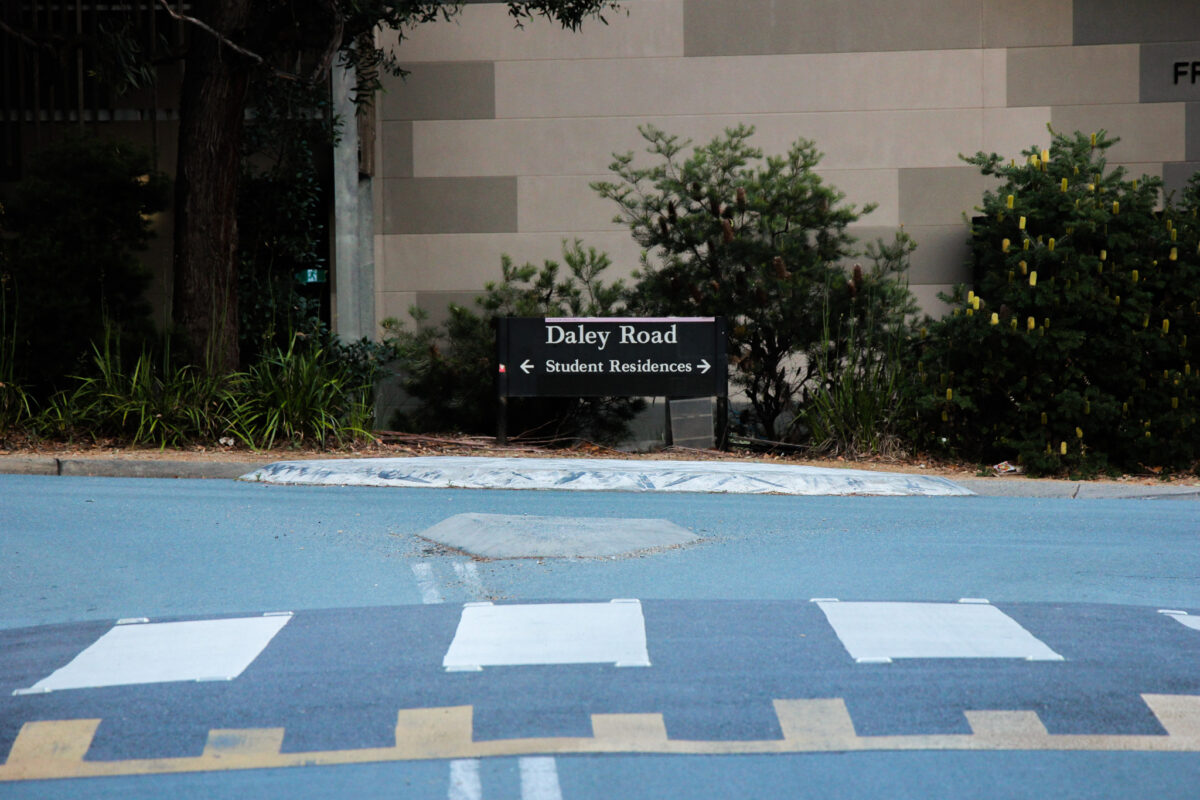In recent communications between Heads of Halls to current senior residents, it has become clear that the ANU is considering implementing a model where residences will be staffed 24/7 by an ANU employee.
The proposed change comes from input from around the ANU involving students, residents and staff. The new model will mean senior residents (SRs) will no longer do “duty shifts” – the after-hours support work they do now. This will not mean that SRs no longer exist – rather, the role and expectations will likely change. A University spokesperson told Woroni that the ANU will consult students and SRs over the coming months on this proposed change.
But, the spokesperson did promise the Residential Experience Division “will invest significantly in more professionally trained staff in residences.”
Currently, after a Hall’s reception closes, one of the SRs then begins their “duty shift” and can be called on to assist students, from being locked out of rooms and noise complaints to more serious issues like intoxicated students or violent behaviour.
Moving to a 24/7 staff model would likely move the weight of the complicated issues that can arise in a Residential Hall off university students and to full-time professional paid staff instead.
SRs are not paid, but instead receive a “scholarship” which amounts to the cost of rent at the Hall. For some, this does not justify regular nightly duty shifts which have involved dealing with mental health crises, severely intoxicated students, fire alarms and flooding roofs. Several former RAs (a position which later became SRs) of UniLodge have launched a wage theft class action suit.
It is unclear what would happen to SR remuneration if they no longer had to work “duty shifts”, and the ANU did not answer Woroni’s question on the topic.
For SRs in the future, this proposed change would probably allow them to focus more on activities, community building and being a point of contact for first-year students rather than having them on call through the night, unpaid, potentially dealing with risky and complicated situations. Hall residents will likely benefit from these staff who will be better qualified as first responders.
With the University still consulting on the model, and still deliberating, students can expect more information in the coming months.
We acknowledge the Ngunnawal and Ngambri people, who are the Traditional Custodians of the land on which Woroni, Woroni Radio and Woroni TV are created, edited, published, printed and distributed. We pay our respects to Elders past and present. We acknowledge that the name Woroni was taken from the Wadi Wadi Nation without permission, and we are striving to do better for future reconciliation.
